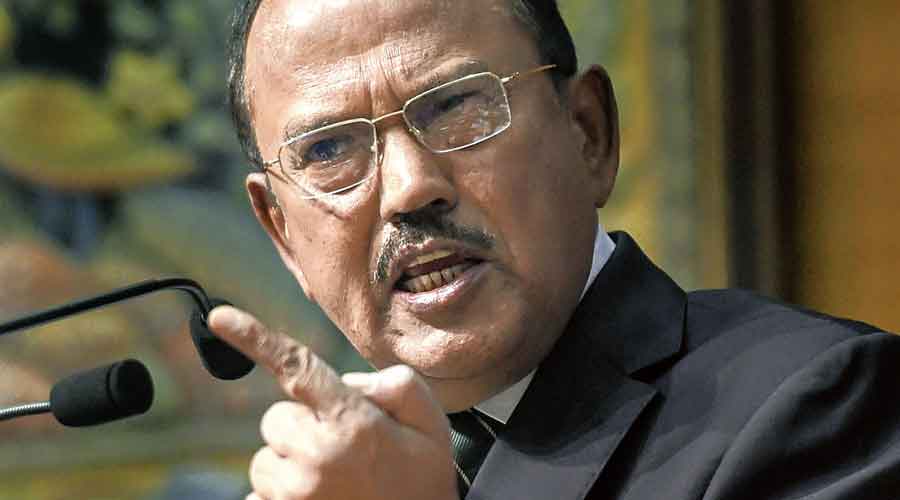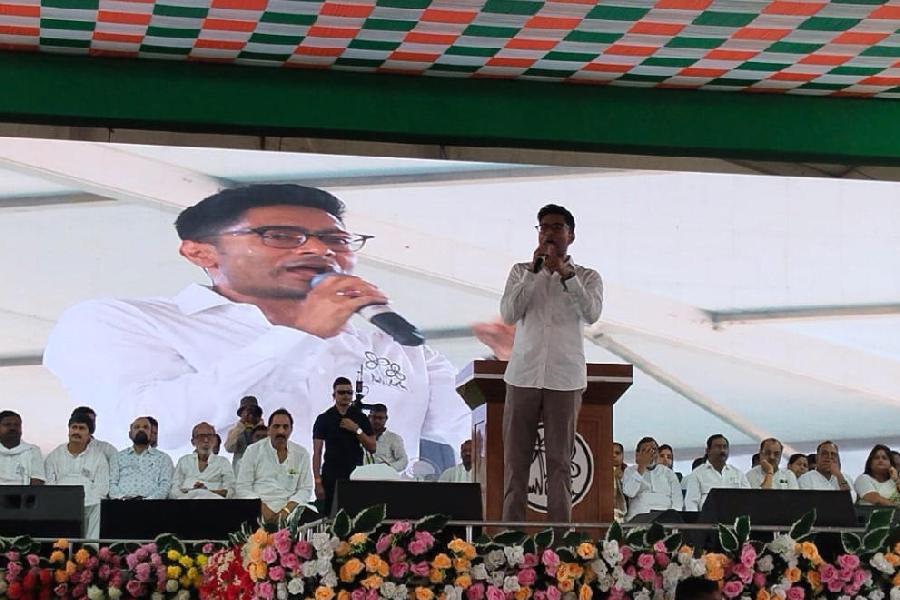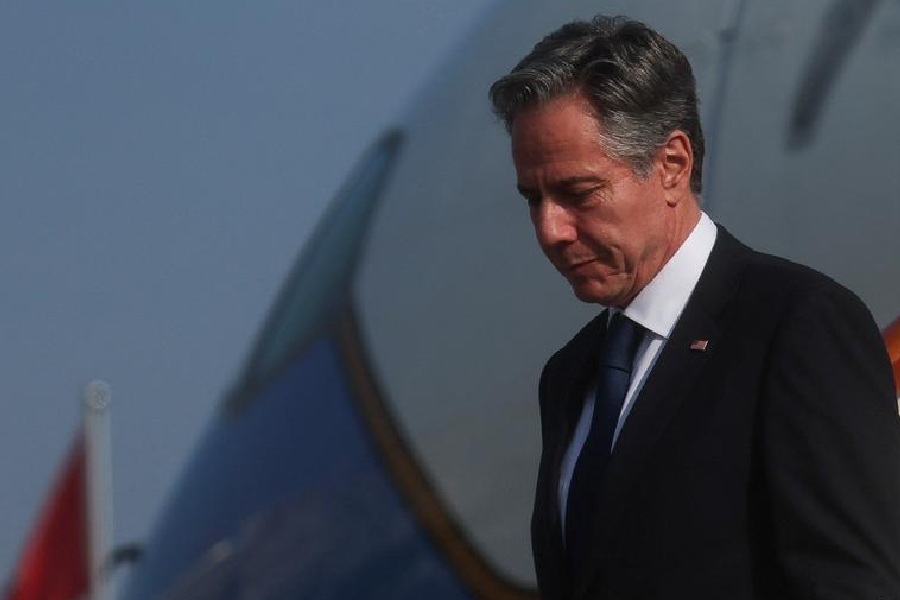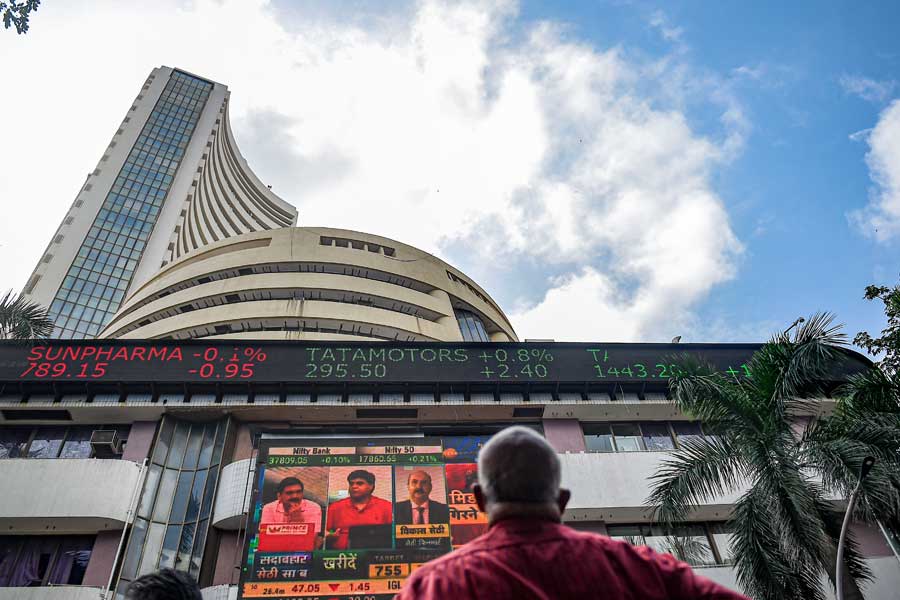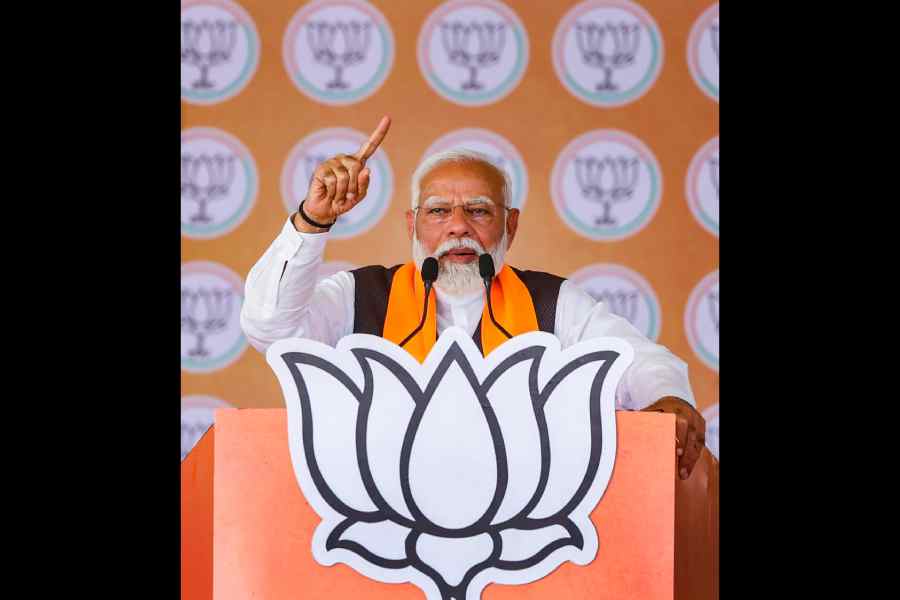Context offers clues. The context, therefore, holds the key to the national security adviser’s recent remark that identified civil society, integral to a robust democracy, as the new frontier of warfare. Speaking at the passing out parade of the cadre of the National Police Academy — the occasion has its own symbolism — Ajit Doval stated, quite correctly, that conventional warfare is changing. He was, however, wrong — egregiously so— to suggest that civil society, being malleable to subversion and manipulation, has emerged as a new front in modern warfare. Mr Doval’s barely-concealed attempt to discredit, indeed demonize, civil society is consistent with the Narendra Modi government’s efforts to repress organizations and individuals who make up this constituency. As early as 2014, the prime minister, it has been reported, received a note from the Intelligence Bureau that raised the bogey of foreign-funded, non-government organizations to claim that the ‘foreign hand’ sought to impair India’s development agenda. Since then, segments of India’s civil society have been subjected to a discriminatory campaign. For instance, one of the motives of the amendment to the Foreign Contribution (Regulation) Act, it is alleged, was to put a leash on philanthropic organizations critical of Mr Modi’s government. Several activists, it must be noted, remain incarcerated in a country where bail, not jail, is supposed to be the norm.
The Centre’s designs on civil society expose a malaise characteristic of authoritarian governments. Dissent — civil society organizations have a role in holding the government accountable — is unacceptable to such regimes. Impartial scrutiny, after all, is antithetical to political populism. The easiest way to silence dissidents, they think, would be to malign them. There is an irony at play here. What must not be forgotten is that a rejuvenated civil society was instrumental in pushing the public discourse of corruption and inefficiency against the United Progressive Alliance dispensation. Several prominent figures in the current Establishment had found civil society to be rather useful then. The taste of power seems to have altered their views: representatives of civil society have, therefore, become politically expedient. This calibrated witch-hunt must be resisted. One way of doing so would be to facilitate greater cohesion between Opposition parties and NGOs fighting for the rights of the dispossessed. The political consequences of such a cohesion could be significant.

